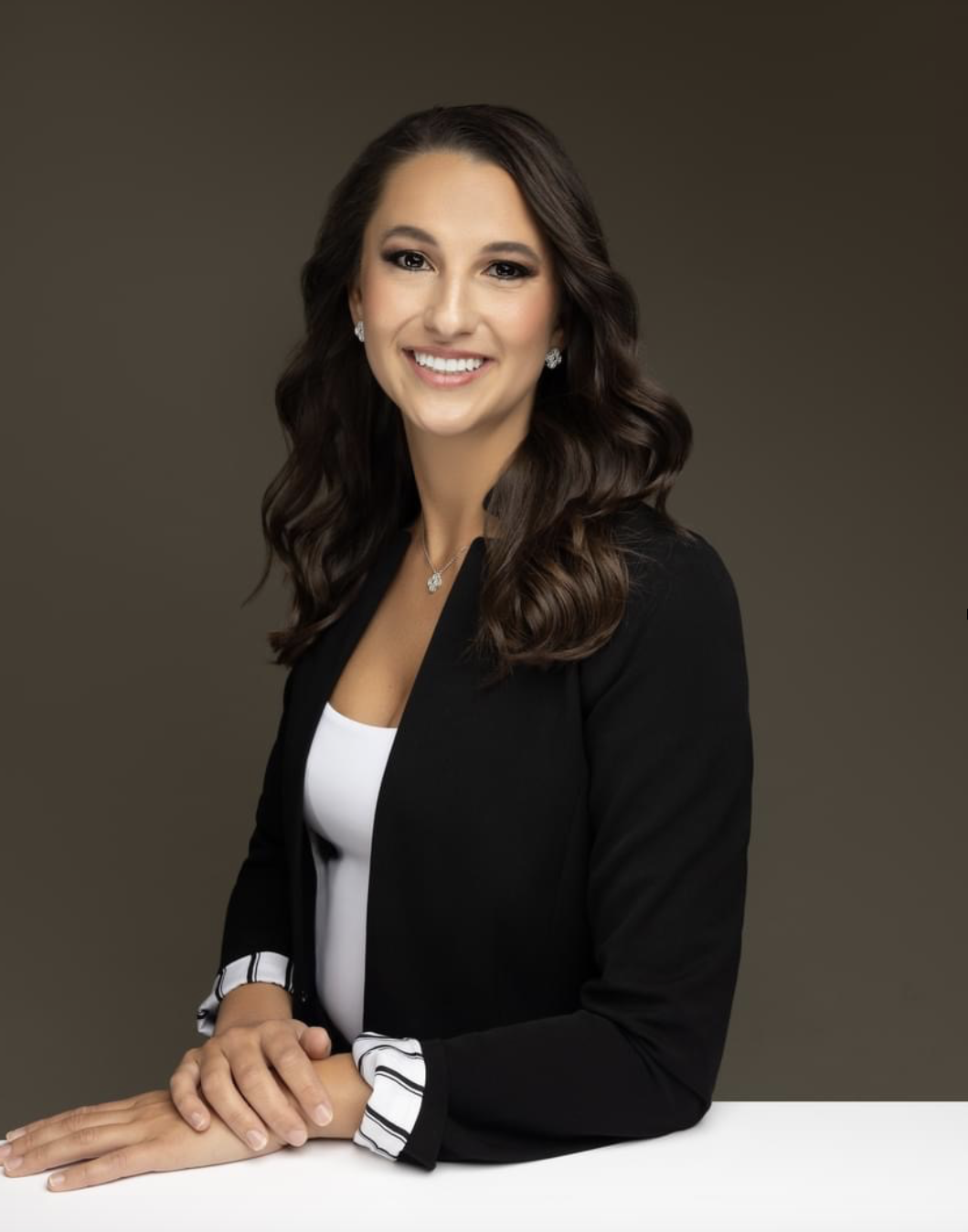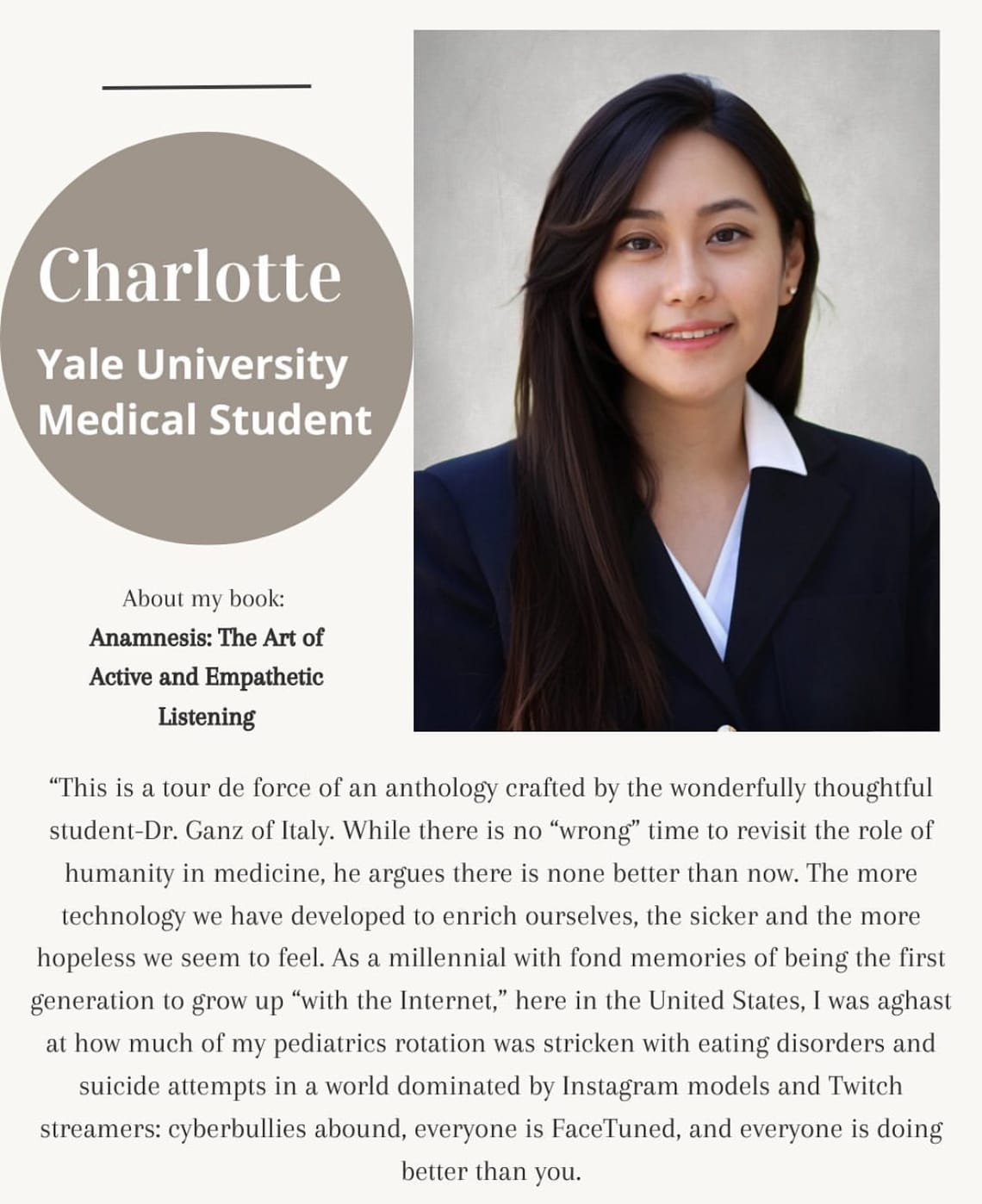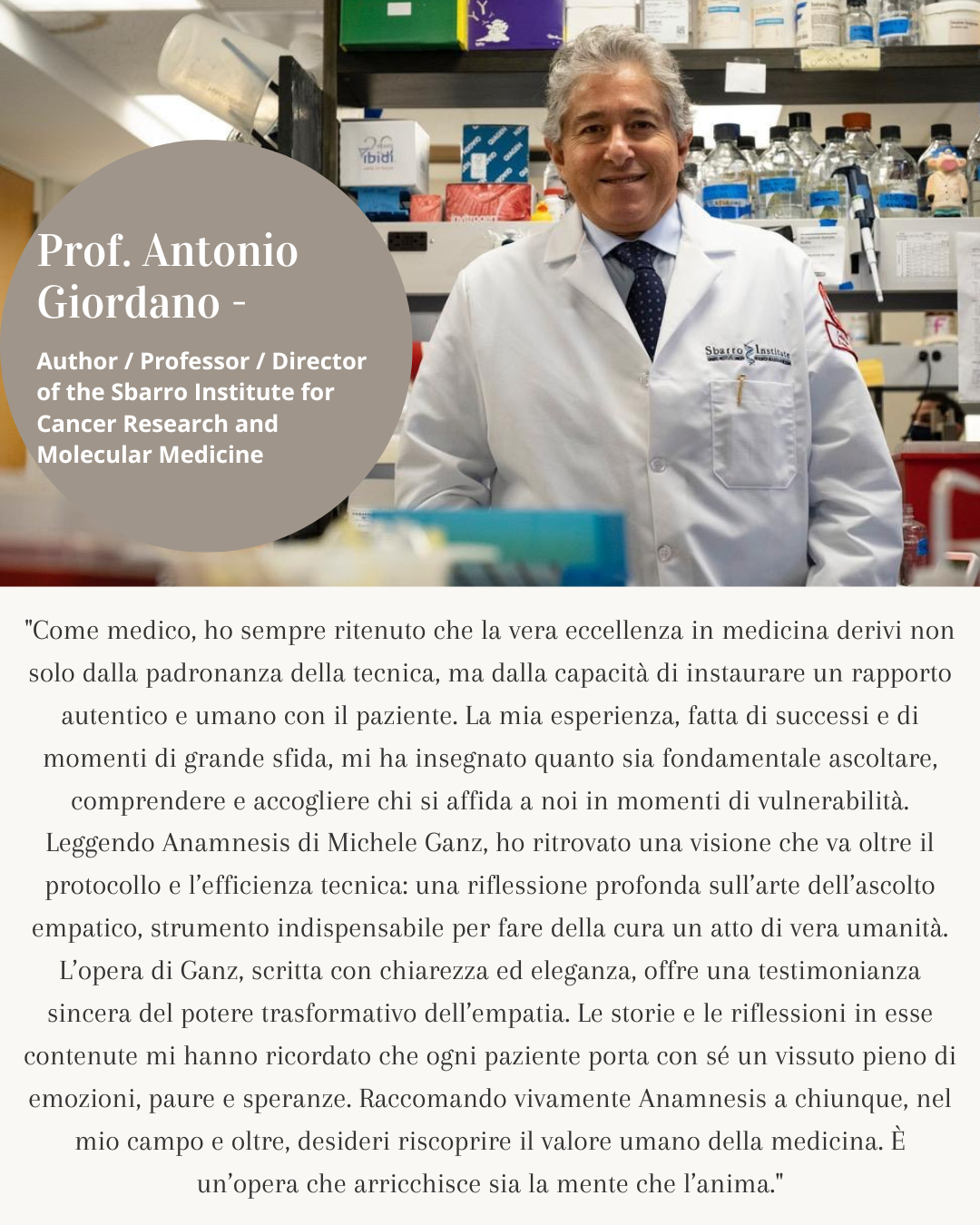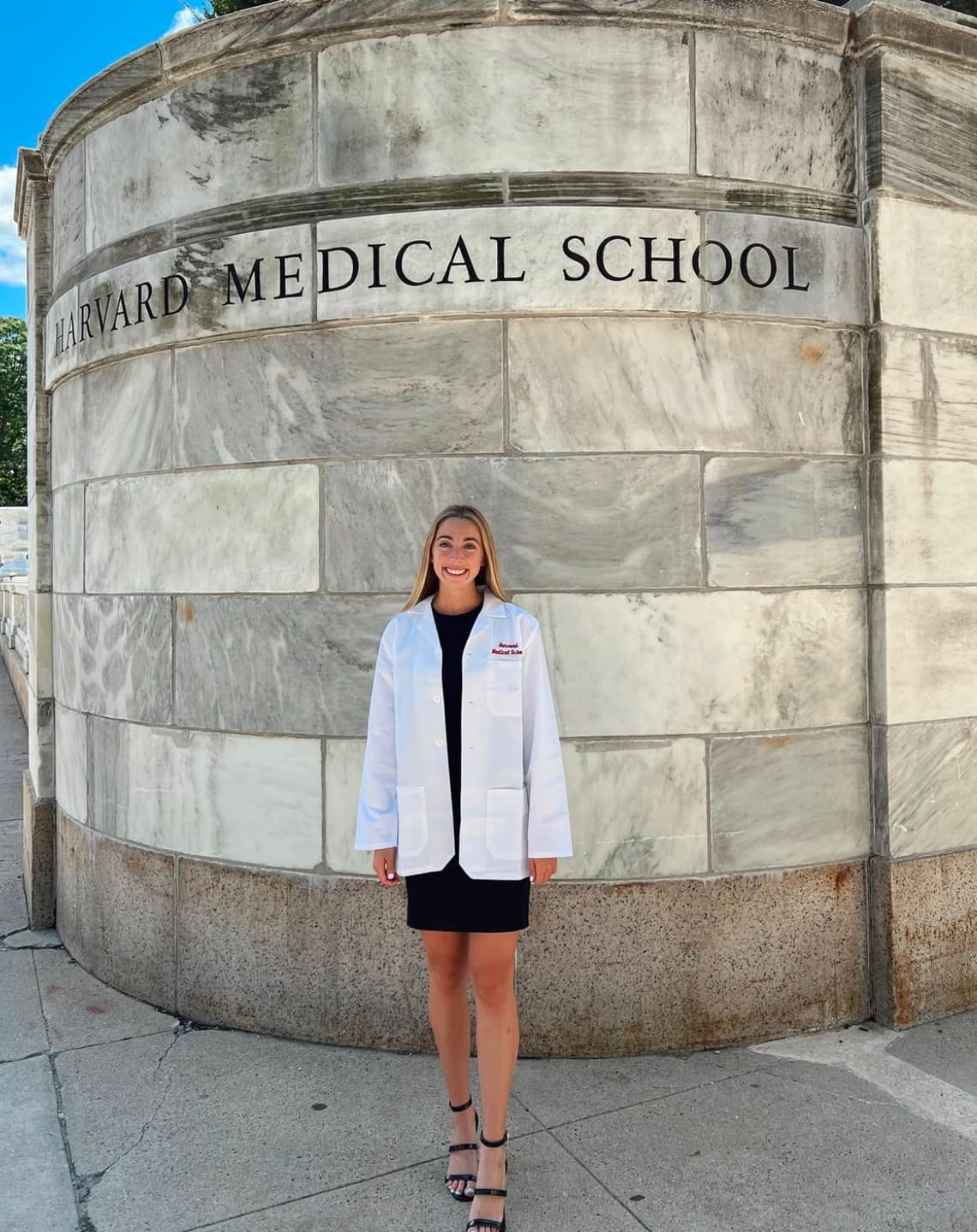Assistant Professor, Orthopaedic Surgery at Yale University
Yale Orthopaedics and Rehabilitation Division of Orthopaedic Foot and Ankle Surgery
New Haven, (CT) USA
"A Commitment to Athlete Care"
I am an orthopedic surgeon specializing in sports injuries of the foot and ankle. My interest in sports medicine, particularly foot and ankle sports medicine, stems from a long personal history tied to sports. I was an All-American athlete, a former collegiate basketball player, and a track and field athlete who had my share of injuries and orthopedic surgeries. My experience taught me the importance of having a passionate doctor dedicated to getting patients back on their feet so they can return to their beloved sports. I chose a career where I could help patients in the same way my orthopedic surgeons helped me. Foot and ankle injuries have a huge impact on an athlete's quality of life, and the experience can be different for every patient. I pride myself on getting to know each patient and their goals to better personalize and tailor their treatment. If surgery is needed, my job as their physician is to ensure patients feel comfortable with the process and to guarantee they understand that we are a team in getting them back on their feet as quickly and properly as possible.
I am also an Assistant Professor of Orthopaedics and Rehabilitation at the Yale School of Medicine. I have collaborated on various scientific studies and research fields. After completing my training in foot and ankle orthopedics at Harvard-Massachusetts General Hospital, I became the first and only International In-Office Needle Arthroscopy and Sports Medicine fellow at NYU Langone Health, training with leading foot and ankle sports medicine surgeons in New York City, London, Amsterdam, and Bologna, and working with elite athletes in football, soccer, ballet, basketball, and martial arts. My goal is always to treat athletes so they can return more efficiently to the sport they love.
The role of relationships is critical in medicine. To provide the best care for patients, as a doctor, it is necessary to create a comfortable and safe environment so that the patient can develop trust in you as their surgeon. Patients need to feel heard and understood. Often, patients can be nervous or scared to see a doctor, so showing compassion and kindness towards patients will help them feel more comfortable and help them be more open about their concerns or symptoms. By doing this, you can ensure the best care for the patient. Patients who do not trust their doctor are less likely to follow instructions and advice, which can hinder their care. Therefore, taking the time to develop a good rapport and relationship is essential.
It is also important to have empathy towards your patients and put yourself in their shoes to understand what they are feeling and facing. You should treat all patients as if you were treating a family member or close friend to provide the best possible care for the patient. I believe that to provide the best care for patients, it is necessary to treat the 'whole person.' It is important to listen not only to the symptoms of the disorder or injury but also to address the psychological aspect of the injury. Patients can be scared, anxious, angry—these are all concerns that should be addressed. There is a psychological aspect to recovery, and this should be taken into account in patient management.
As a former athlete, my sports career ended due to a severe injury. I have personally experienced how difficult it is for an athlete to cope with the loss of the ability to return to sports. This is often an athlete's identity, and there is a real loss—almost the death of oneself in a sense. It is important to provide support to these individuals—physically, emotionally, and mentally. Psychotherapists can play a very important collaborative role in providing the mental support that can help an athlete recover and redefine themselves.




